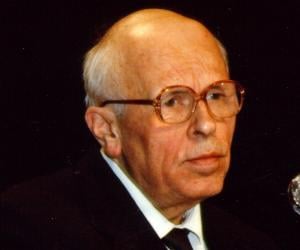Andrei Sakharov was a Russian dissident and nuclear physicist best remembered for designing RDS-37, Soviet Union's first two-stage hydrogen bomb. Also an activist for peace and human rights, Andrei Sakharov was honored with the Nobel Peace Prize in 1975. The Sakharov Prize for Freedom of Thought, which is awarded by the European Parliament, is named in his honor.
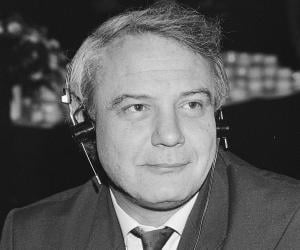
Vladimir Bukovsky was a Russian-born British writer and human rights activist. An important member of the Soviet dissident movement, Bukovsky spent 12 years in prisons, psychiatric prison-hospitals, and labor camps of the Soviet Union. A neurophysiologist, Bukovsky is celebrated for his efforts to expose Soviet Union's political abuse of psychiatry. In 2001, he was awarded the Truman-Reagan Medal of Freedom.
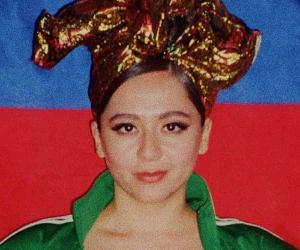
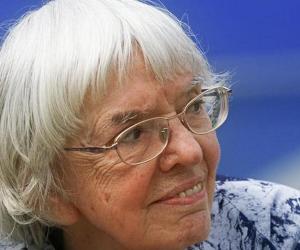
Lyudmila Alexeyeva was a Russian human-rights activist and historian. She is credited with co-founding the Moscow Helsinki Watch Group, which is currently one of the most prominent human rights organizations in Russia. She was also one of the most important members of the Soviet dissident movement in post-Soviet Russia. Alexeyeva received many prizes and awards for her human rights activities.
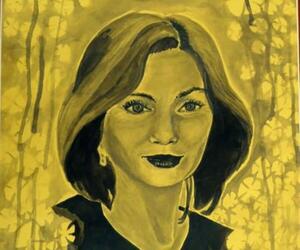
Russian human rights activist and journalist Natalya Estemirova, also known as Natasha, made headlines when she was kidnapped and brutally shot dead, in what many suspected was a state-sponsored killing. In fact, her friend and collaborator Anna Politkovskaya was also shot dead in a similar fashion earlier.
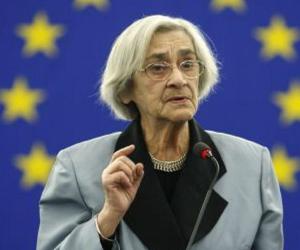
Yelena Bonner was a human rights activist and physician. She is credited with co-founding the Moscow Helsinki Group, which is currently one of the leading human rights organizations in Russia. Yelena Bonner is also credited with setting up the Andrei Sakharov Foundation in the memory of her husband. Bonner received many human rights awards, such as the Giuseppe Motta Medal.
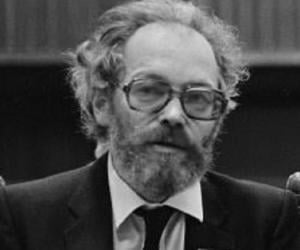
Russian journalist and dissident Alexander Ginzburg was also a prominent human rights activist. His political activities led him to be expelled from Moscow University and sent to labor camps multiple times. Known for works such as The Trial of the Four, he later became a French citizen.
